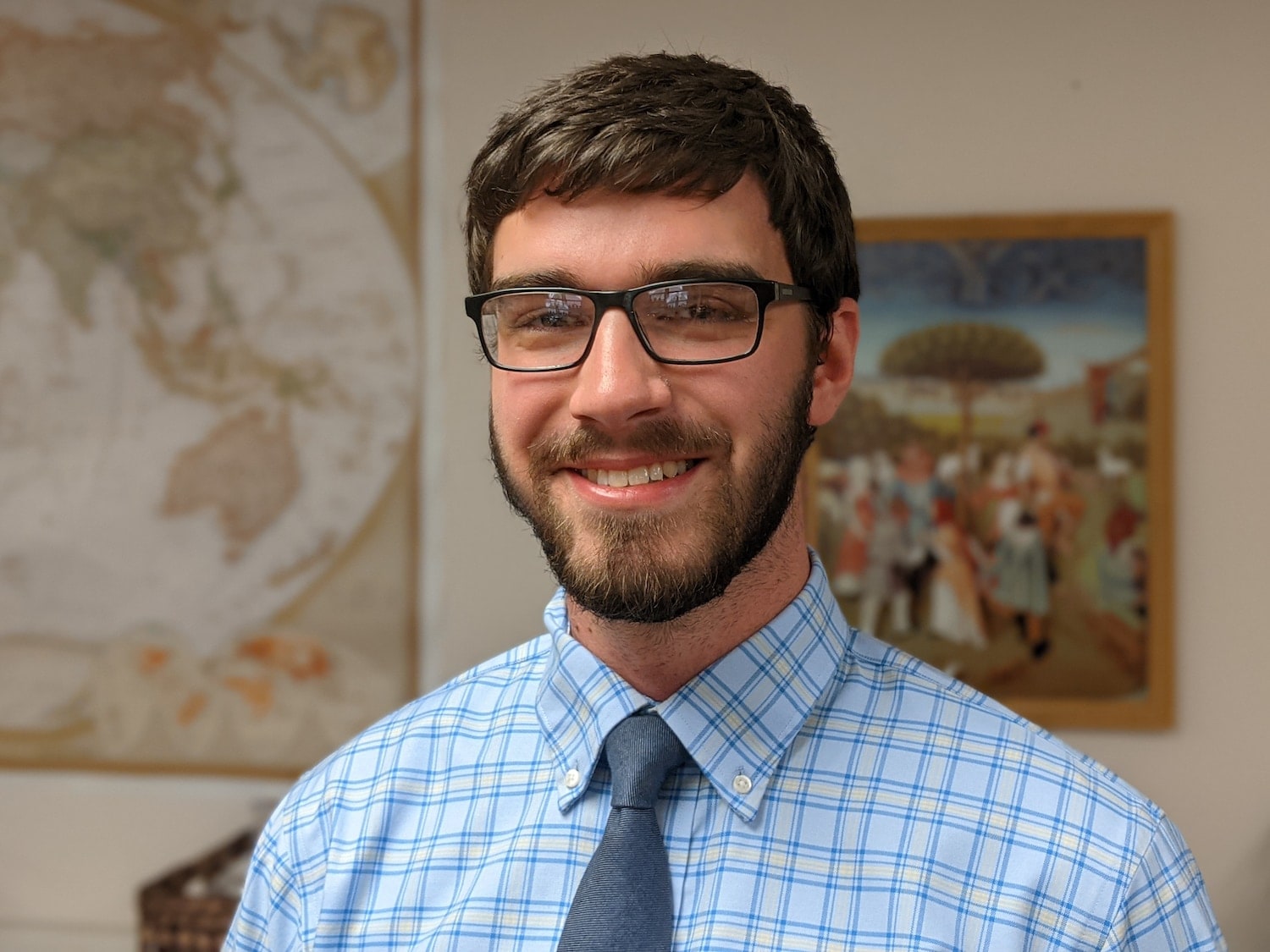1) Lord Jesus Christ, with us abide,
For round us falls the eventide;
Nor let Thy Word, that heavenly light,
For us be ever veiled in night.
2) In these last days of sore distress
Grant us, dear Lord, true steadfastness
That pure we keep, till life is spent,
Thy holy Word and Sacrament.
Beautiful hymns like this are invaluable to Christians who, living in the darkened, sinful world, constantly need the strength and comfort of God’s Word in their hearts. This particular hymn (“Ach bleib bei uns, Herr Jesu Christ,” TLH 292) is one that Chorale memorized and sang at Schmeckfest this year, and it is just as appropriate to sing now as when it was written.
The primary author of this hymn was Nicolaus Selnecker, a Lutheran pastor in Germany and one of the three main writers of the Formula of Concord. The first two stanzas of this hymn, however, are attributed to others. Stanza 1 is possibly a paraphrase of a Latin verse by Phillip Melanchthon (Selnecker was a student of his), but the origin of the second stanza is more certain. It was written as a standalone verse in a little prayer and hymn book for schoolchildren in Freiberg, Germany. This verse was specifically written to be sung by the children in response to the threat of a Muslim invasion, which would not only have been a military attack, but also a direct attack on the Christian Church. While we have no impending invasion here in America, we have enemies of Christ today that are just as dangerous as a Turkish army, whether that be the current culture of death, the country’s growing anti-Christian sentiment, or false teaching within the Church itself. We need to teach our children today both to pray and to sing against our enemies and to ask God for the forgiveness, life, and salvation He promises in His Word and Sacraments.
The other seven stanzas were written by Selnecker himself as a companion to Psalm 122 in his psalter. For the psalm’s heading he wrote, “A psalm of thanksgiving for God’s particular grace that there has at all times been a place where God’s Word can be rightly preached, taught, and learned.” Being one of the authors of the Formula of Concord, Selnecker was all too familiar with the dangers of false doctrine spreading in the Church. The hymn certainly shows that familiarity, praying for Christ’s help against hearts “sluggish, thoughtless, cold” and against falsehood, error, and new devices of Satan that seek to change the truth of God’s Word.
But, in the last three stanzas, Selnecker turns his focus to the power of the Word of God which protects us from these threats. He calls the Word our “strength and constancy,” our “trusty weapon,” our “buckler, shield, and sword,” and our “guide.” These verses rightly attribute the security of the Church entirely to the Word of God. Singing hymns like this one directs our hearts to trust in that Word and not to fear the dangers of the world and the devil’s lies. It is precisely because of God’s Word and grace that we are able to have such an incredible church and school where that Word can be, as Selnecker wrote, “rightly preached, taught, and learned.” With the words of this hymn in our hearts, we and our children can joyfully live and die in the Word, until, as God promises, He receives us into glory to be with Him in eternal bliss forever.
9) Oh, grant that in Thy holy Word
We here may live and die, dear Lord;
And when our journey endeth here,
Receive us into glory there.
In Christ,
Mr. Hahn

